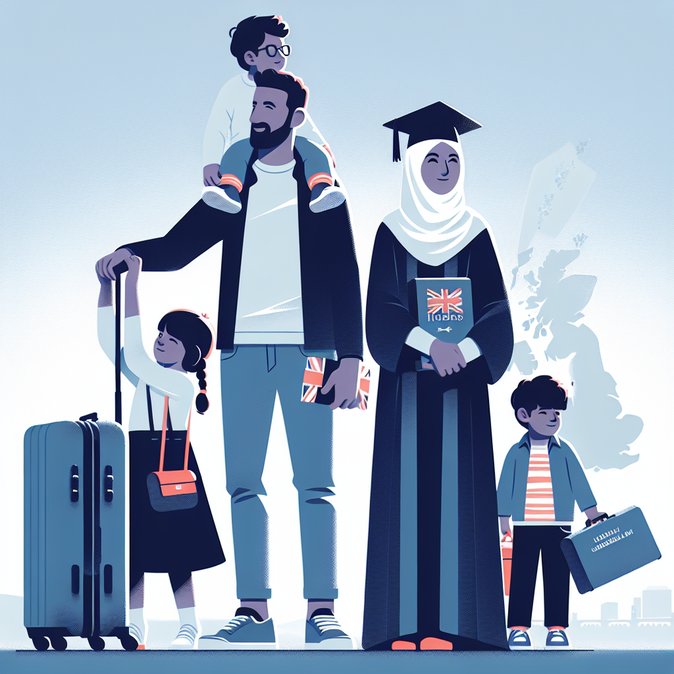
The Home Office has quietly relaxed evacuation rules for a handful of Palestinian students from Gaza after sustained lobbying by universities, MPs and refugee-rights campaigners. Until now, scholars arriving on U.K. government-funded Chevening awards or long-term research visas had to leave spouses and children behind because dependants did not qualify for the evacuation corridors coordinated with Egypt and Israel.
Under the change, Border Force officers can now issue entry clearances on a “case-by-case” basis where sponsorship funds and accommodation have been proven. The concession immediately benefits four research students, but campaigners note that at least 25 taught-master’s award-holders remain unable to reunite with family members. Universities UK says it will underwrite accommodation bonds where necessary and is pressing for broader discretion so that all postgraduate students can be treated alike.
For global-mobility managers, the decision is a sign that humanitarian considerations can still influence an increasingly restrictive visa landscape. Institutions hosting at-risk scholars should, however, prepare additional financial-support evidence and be ready for prolonged case-work. Expatriate benefit teams should note that the standard dependant-visa maintenance thresholds still apply.
Longer term, the episode could encourage other departments—especially the Department for Business and Trade, which funds GREAT scholarships—to lobby for similar flexibilities when grantees come from active-conflict zones. HR teams with Middle-East assignees should monitor further Home Office statements to gauge whether the dependants’ concession might be expanded beyond Gaza.
Under the change, Border Force officers can now issue entry clearances on a “case-by-case” basis where sponsorship funds and accommodation have been proven. The concession immediately benefits four research students, but campaigners note that at least 25 taught-master’s award-holders remain unable to reunite with family members. Universities UK says it will underwrite accommodation bonds where necessary and is pressing for broader discretion so that all postgraduate students can be treated alike.
For global-mobility managers, the decision is a sign that humanitarian considerations can still influence an increasingly restrictive visa landscape. Institutions hosting at-risk scholars should, however, prepare additional financial-support evidence and be ready for prolonged case-work. Expatriate benefit teams should note that the standard dependant-visa maintenance thresholds still apply.
Longer term, the episode could encourage other departments—especially the Department for Business and Trade, which funds GREAT scholarships—to lobby for similar flexibilities when grantees come from active-conflict zones. HR teams with Middle-East assignees should monitor further Home Office statements to gauge whether the dependants’ concession might be expanded beyond Gaza.










